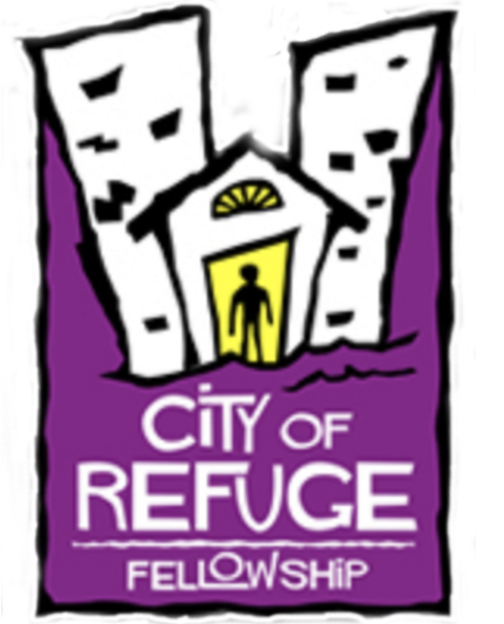In this beatitude Jesus teaches us that there is an unbreakable connection between our identity as children of God and our willingness to live, not in, but for peace. It doesn’t say “Blessed are the peaceful, for they shall be called the sons of God”, it says the peacemakers will be called the sons of God. Before we can even ask how peace is made we must ask what peace is? Is peace the absence of trouble, of disagreement, of struggle, anxiety, worry, fear or enemies? Is peace when all is well, when all is as we expected it to be or is peace when all is as it needs to be? Jesus, on His way to Jerusalem, stopped on the Mount of Olives and looked into the city and wept over it saying, “If you, even you, had only known on this day what would bring you peace—but now it is hidden from your eyes.” The scribes, priests and Sanhedrin council were about to do what they believed would keep peace. They were going to quiet Jesus because for them keeping peace meant keeping things as they were, holding onto what they had become comfortable with and accustomed to and preserving for themselves what they wanted life to be. Jesus while weeping over this people that were about to have Him killed said “you don’t know what will bring you peace because you have lost sight of you were meant to be.” As the children of God we are not here to live in peace we are here to live for peace, so I ask again, what is peace? Some of us define peace as quiet, some of us define peace as calm, some of us define peace as the absence of trouble and others as the presence of abundance but, in truly biblical sense each of these things might come from peace but none of them define peace. This morning I want us to consider what peace truly is. I want us to know what we are asking God to do when we pray for peace and I am praying that the Holy Spirit will bring each of us to a place in which He can challenge us saying “you are the children of God, now go and make peace.”

